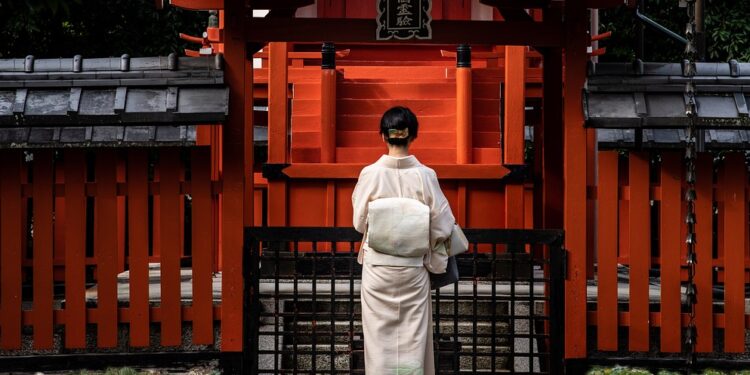According to report issued by the government in 2021, the issues facing political women in in Japan include gender stereotypes, difficulties balancing other commitments like child rearing, and harassment.
For example, Karen Makishima is the only female running for Japan’s ruling party in her 20-seat prefecture for the upcoming October 27 general election.
Her political party, the Liberal Democratic Party (LDP) has pledged to narrow one of the widest gender gaps among lawmakers in the democratic world, but even with a record fifth of all election candidates being women, it and other parties will possibly fail to hit a government target of 35% female lower house candidates by 2025.

Surveys have shown that societal attitudes towards women in Japan are a barrier but some have pointed out that the ruling LDP –which has governed for almost all the post-war period– is not serious about bridging the gender gap in lawmakers, citing its failure to implement bolder measures as an example.
As it stands, only 16% of LDP candidates in the upcoming poll are women, as compared with the 22% for the opposition Constitutional Democratic Party of Japan (CDPJ), a Reuters’ analysis had revealed.
Gender inequality may not be a pressing issue in the snap election, but the scandal-hit LDP, which also faces an upper house poll by July, needs every vote it can get, from both from men and women, with the polls suggesting it may lose its long-held majority.
On the international front, Japan’s perennial gender gap problem has become a source of embarrassment.
According to a 2024 G7 report, Japan currently has just over 10% female lawmakers in its lower house versus an average of 30% in other Group of Seven (G7) advanced democracies. This means that it is ranked 118 out of 146 countries in this year’s World Economic Forum gender gap report.
Last year the LDP set its own party gender target of a 30 percentage of female lawmakers by 2033, but several gender equality experts have said the party needs to set and achieve more concrete plans like gender quotas.
Some of Japan’s lawmakers have agreed that its time for a bolder action, with Tomomi Inada, a former defence minister, telling Reuters that she believed the party should consider implementing a quota system or set out a detailed plan for how it will achieve its promised 30% female lawmakers by 2033.
Meanwhile, in an emailed response to Reuters questions’, the LDP cited that it had no plans for quotas and that there was a limited scope to add female candidates in the election because several of its seats were held by incumbents.
While parties must support women in politics, “a shift in societal attitudes is also necessary,” the LDP commented.

















